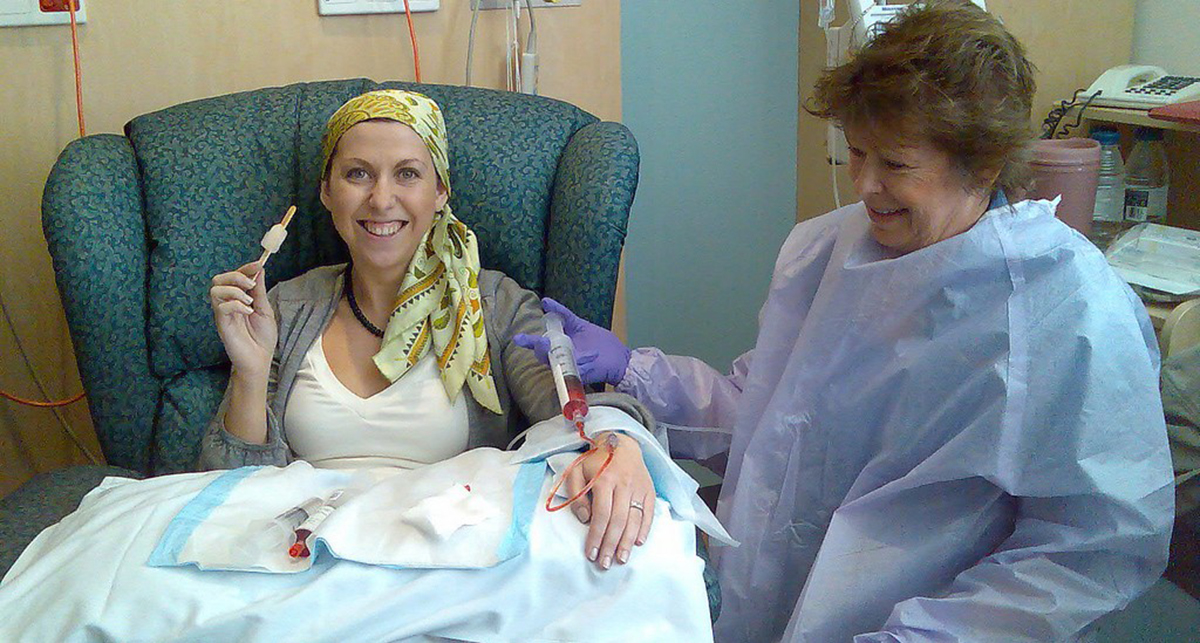Table of Contents
Dealing with a cancer diagnosis does not only involve dealing with the physical issues, but the psychological and emotional ones as well.

Emotional Issues
Most people who are told they have cancer will experience a variety of emotions. It is common to feel afraid and anxious. Shock is also a common emotion, especially if you do not feel sick. It can be hard to believe this is happening to you.
Some people may also feel depressed. While cancer is often curable, it is natural to feel depressed at the possibility of what may be ahead. You may also feel guilty that your loved ones will be worried about you or have to pick up the slack if you don’t feel well. It is also common to feel anger at how unfair a cancer diagnosis is. Some people also feel helpless.
Whatever emotions you feel after a cancer diagnosis, know you are not the first one to feel that way. Accept how you feel is normal and allow yourself some time to come to terms with the diagnosis.
Find healthy ways to express your feelings, such as talking to friends or keeping a journal. If you are a spiritual person, nurturing this part of your life may also be helpful. Participate in activities, which give you peace, such as meditation and prayer.
Be sure to get enough rest, eat healthily and exercise when you feel well enough. Living a healthy lifestyle will help you cope with your emotions better. In addition, give yourself permission to cry if you need to and spend some time alone processing your feelings. But try to avoid isolating yourself and dwelling on only your negative emotions.
Caregivers and Cancer
If you have a friend or family member you are helping get through a cancer diagnosis it can be a difficult time for everyone. But there are several ways you can help your loved one cope.
Don’t expect everything to be exactly the same. If you are a caregiver to someone with cancer, life may change in many ways. There may be doctors’ visits, treatment appointments and trips to the pharmacy. In addition, your loved one may not be at their normal level of functioning. An increased amount of chores and responsibilities may come your way. Understating life may be a little different for a while, may help you adjust.
While your new normal may be a little different than what you are used to, you should encourage your family member to still live their life. Every moment should not be focused on cancer. Encourage participation in recreation activities and spending time together.
Everyone needs an emotional boost at times, especially someone coping with a cancer diagnosis.
See Also: Let's Celebrate National Cancer Survivors Day
Avoid being judgmental and critical. That is the last thing someone dealing with cancer needs. While you may not agree with every decision, there are ways to have a discussion without being critical.
If you are a caregiver to someone with cancer, don’t forget to take care of yourself. Allow yourself breaks. Get enough rest, and find ways to relax, such as exercise, listening to music or spending time with friends. Becoming rundown because you are overdoing it, won’t help anyone.
- www.cancer.gov/cancertopics/cancerlibrary/questions/treatment
- www.cancer.org/treatment/treatmentsandsideeffects/emotionalsideeffects/copingwithcancerineverydaylife/a-message-of-hope-emotional-impact-of-cancer
- www.cancersupportcommunity.org/MainMenu/About-Cancer/Newly-Diagnosed/Emotional-Distress.html
- Photo by shutterstock.com
- Photo courtesy of Jenny Mealing by Flickr : www.flickr.com/photos/jennifrog/3065370354


Your thoughts on this